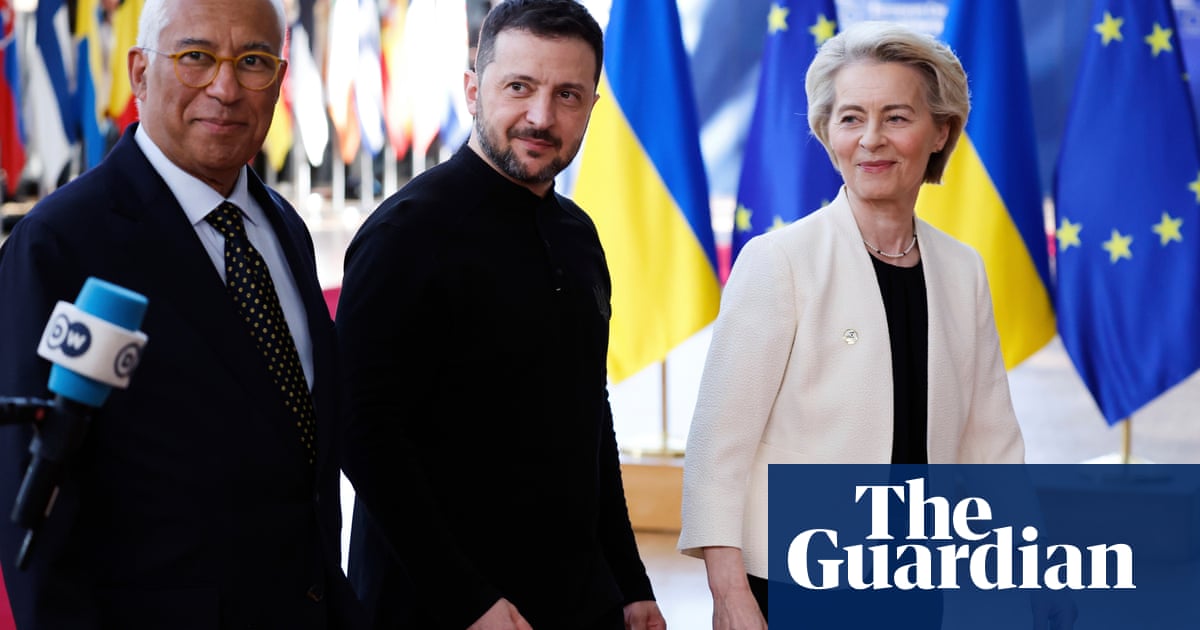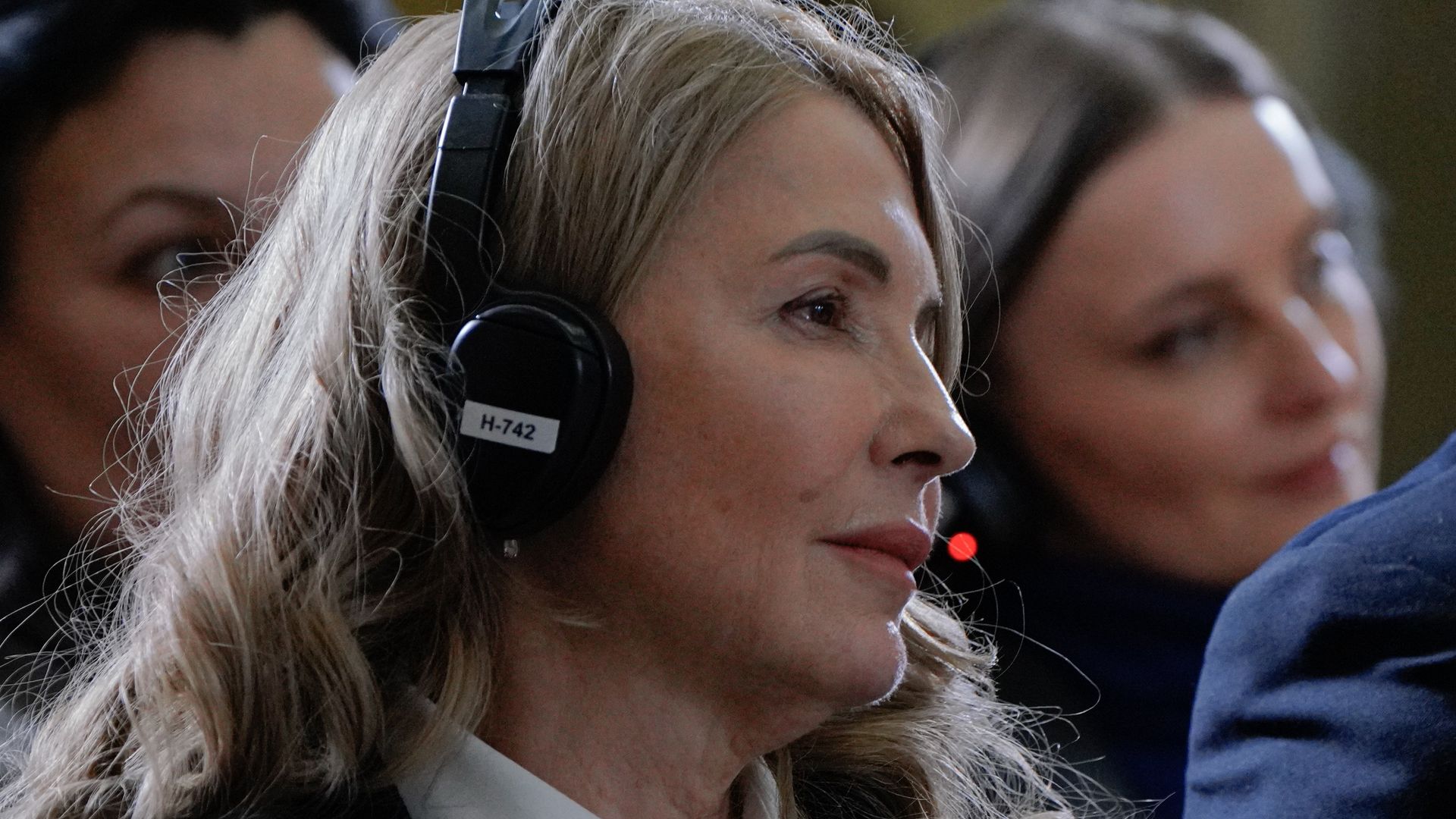U.S. Suspends Military Intelligence Sharing with Ukraine Amid Tensions
The U.S. halts intelligence sharing with Ukraine as Trump questions NATO commitments, while Ukraine plans peace talks in Saudi Arabia next week.
Subscribe to unlock this story
We really don't like cutting you off, but you've reached your monthly limit. At just $5/month, subscriptions are how we keep this project going. Start your free 7-day trial today!
Get StartedHave an account? Sign in
Overview
The U.S. has suspended military intelligence sharing with Ukraine, impacting the nation's defense against Russia, amidst President Trump’s skepticism about NATO. Following a contentious meeting with Ukrainian President Zelenskyy, Trump signaled a possible abandonment of NATO commitments if ally spending targets are unmet. Meanwhile, Zelenskyy is set for peace talks in Saudi Arabia to negotiate an end to the conflict. While the U.S. pulls back support, Britain continues intelligence sharing with Ukraine. In a related tension, Russian attacks in Odesa continue, targeting crucial infrastructure.
Report issue

Read both sides in 5 minutes each day
Analysis
- The U.S. decision to halt military intelligence sharing with Ukraine undermines its defensive capabilities against Russia, increasing pressure on Ukraine to accept terms proposed by the Trump administration for a peace deal.
- President Trump emphasizes the need for Ukraine to actively pursue peace negotiations with Russia, which shaped the U.S. policy of pausing military supplies and intelligence sharing.
- Ukraine is seeking to maintain its relationship with the U.S. while also leaning on European support amid concerns over the lack of American military assistance.
Articles (11)
Center (6)
FAQ
The suspension significantly hampers Ukraine's ability to track and target Russian forces, as well as defend against Russian air and missile strikes. This could lead to increased casualties and reduced reaction times.
Yes, some countries like France have indicated they will continue providing military intelligence to Ukraine. Additionally, Britain is mentioned as continuing some level of intelligence sharing, though details are not fully specified.
President Trump's skepticism about NATO commitments could lead to a reevaluation of U.S. involvement in NATO if member states do not meet spending targets. This could have broader implications for European security and alliances.
History
- 8M

 5 articles
5 articles






